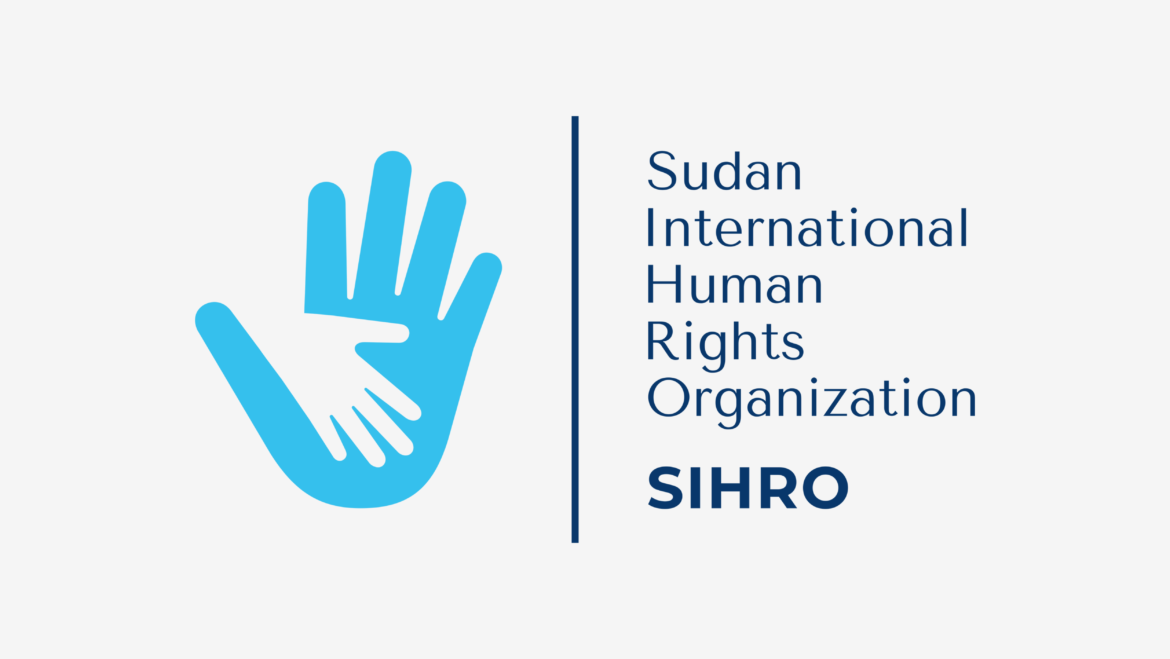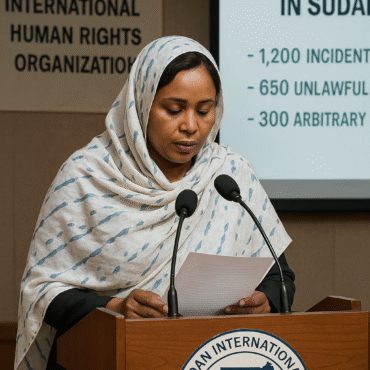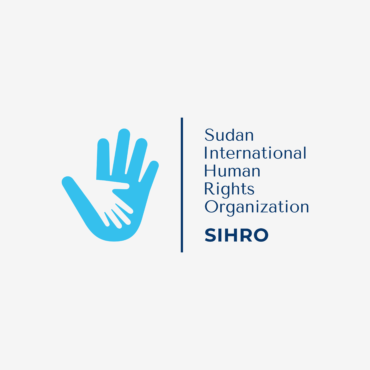Report on the Humanitarian Clusters in Sudan
Executive Summary
This report delves into the critical humanitarian situation in Sudan, focusing on the significant gaps in funding for various humanitarian clusters. As of January 16, 2024, the disparity between the financial requirements and the actual funding received is alarmingly wide. This underfunding not only compromises the capacity to deliver essential services but also directly impacts the fundamental human rights of the Sudanese population. The report calls for immediate attention and increased financial support from international actors, including INGOs, UN agencies, NGOs, and other stakeholders.
Total Funding Gap
The overall funding required for the humanitarian clusters in Sudan amounts to an estimated USD 2.7 billion. However, the total funding received is alarmingly low at approximately USD 83.8 million, equating to a meager average coverage of only 1.91%. This vast financing shortfall is not just a financial crisis but a human rights emergency.
Cluster-Wise Funding Analysis
Coordination & Common Services
The cluster requires USD 25 million but has received only USD 992,319, resulting in a 3.97% funding coverage. This shortfall hampers the effective coordination of humanitarian efforts, which is crucial in crises.
Education
With a requirement of USD 131 million, the mere USD 4.8 million received (3.69% coverage) undermines the right to education for children and youth in Sudan.
Emergency Shelter and Non-Food Items
This cluster’s drastic underfunding, with only 0.31% of its required USD 212 million received, severely affects the right to adequate housing and basic living conditions.
Emergency Telecommunications
The complete absence of funding against the USD 6.3 million needed impedes crucial communication efforts necessary for effective disaster response and coordination.
Food Security and Livelihoods
Only receiving 0.64% of its required USD 581 million, this cluster’s underfunding directly threatens the right to food and sustenance, which is critical for the population’s survival.
Urgent Appeal for Increased Support
This report urgently appeals to all international actors involved in humanitarian aid and human rights advocacy to recognize and address this dire situation in Sudan. The significant underfunding of these clusters not only impedes the delivery of essential services but also violates the basic human rights of the Sudanese people, including their rights to education, adequate housing, food, and the ability to live in dignity.
The report emphasizes the need for a rapid and substantial increase in funding. It calls for a concerted effort from the international community, including INGOs, UN agencies, and NGOs, to prioritize allocating resources to these underfunded clusters.
Conclusion
The human rights implications of this funding crisis cannot be overstated. The international community has a moral and ethical obligation to respond promptly and effectively to alleviate the suffering in Sudan. Ensuring adequate funding for these humanitarian clusters is not just a matter of financial assistance; it is a crucial step towards upholding and protecting the human rights of those affected by the crisis in Sudan.




Add Comment